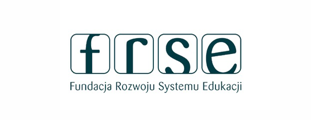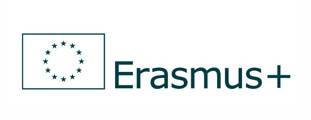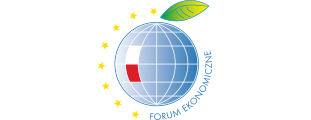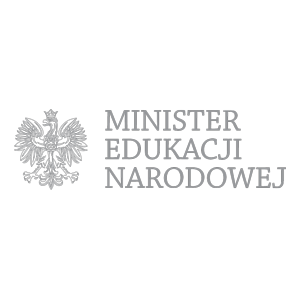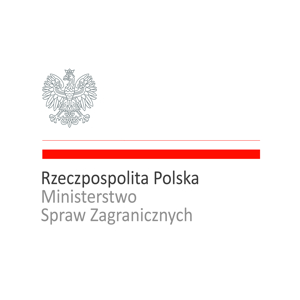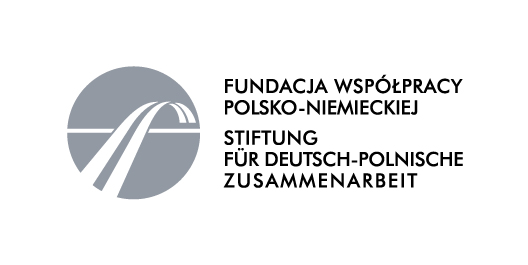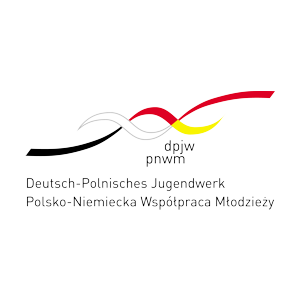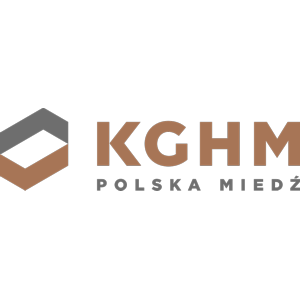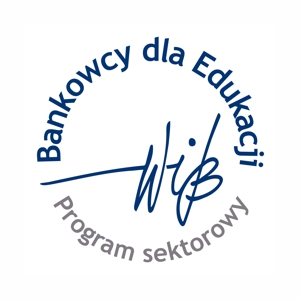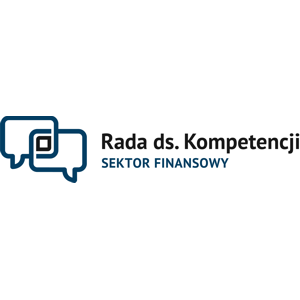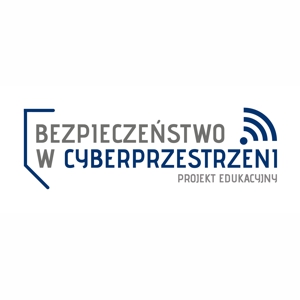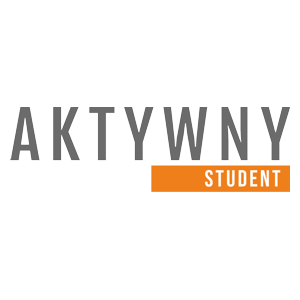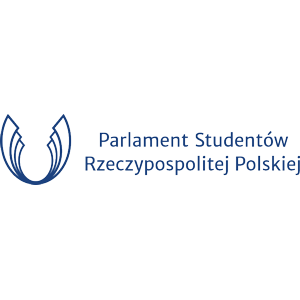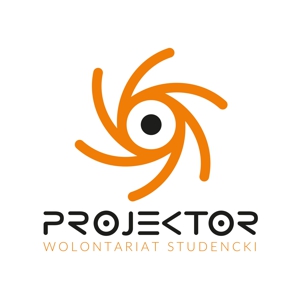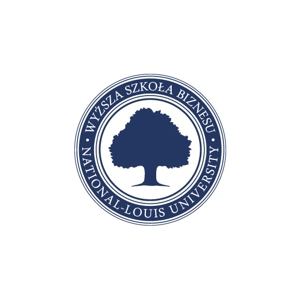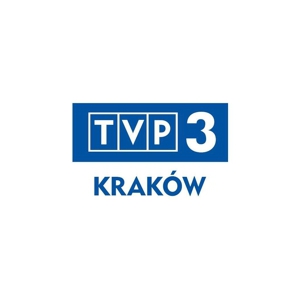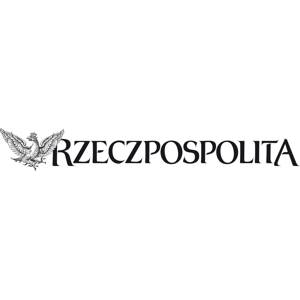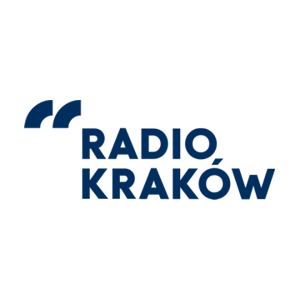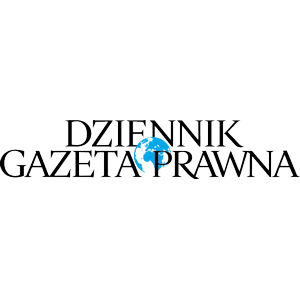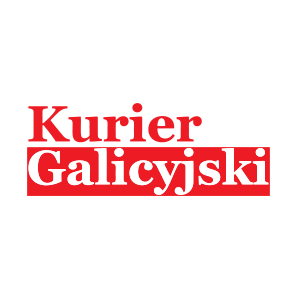

Interview with Jarosław Gowin
Prime Minister and Minister of Science and Higher Education
What are the strongest and weakest points of higher education in Poland?
Paradoxically, I will name the same thing as the greatest strength and weakness – the sheer size of higher education. It’s a strength, because we have record numbers of graduates in Poland. At the moment over 50% of students of the most recent year groups graduate. But the cause of an increase in the level of education of the society overall has some unwanted side effects as well. I’m talking about the massive decrease in the quality of university degrees that comes with it. Certainly the next few years will be the time for the Ministry and myself to work on enhancing the quality of university degrees, as well as research.
Interview with Jacek Krupa
Marshal of Małopolska Region
Why is the Economic Forum of Young Leaders important to you as the Marshall of the Lesser Poland voivodeship?
A few months prior to the World Youth Day we launched a campaign to promote the Lesser Poland voivodeship, called “Youth is a state of mind”. Father Leon Knabit was the spokesperson for it. Its aim was to show the various values that make up a young person, such as openness, dynamism and innovation. Young leaders have an additional advantage, which is their age. It’s the greatest opportunity that one receives from life, an opportunity which should be taken advantage of. Personally, I always bet on young leaders...
Interview with Kristian Vigeninem
Member of Parliament in Parliament of Bulgaria, former Bulgarian Minister of Foreign Affairs
Poland and Bulgaria have a lot in common. They share 50 years of experiencing communism together; they are at a very similar stage of economic development. What could we learn from each other as far as the economy is concerned?
I wouldn’t necessarily say we should learn from each other. I do think that we should work together, especially as part of the European Union. That’s where the most important decisions are made. We need to coordinate and defend our best interest, because the top decision-making bodies haven’t taken Central European countries’ opinions into account for a good few years now. We also often suffer the many consequences of Brussels’ decisions. It’s not about fighting about every single matter. It’s just that the countries of Central Europe have particular economic affairs which need defended and coordinated...
Interview with Jacek Kurzępa
Member of Parliament
In your opinion, what is the most important thing in the Polish foreign policy at the moment?
There are two crucial vectors. First and foremost, the Polish Diaspora scattered around the world. An attempt of an incentive and an invitation for the Polish people abroad to become our country’s ambassadors, ambassador of what’s currently happening. The second vector is centripetal, determined by the economic policy of the Minister Mateusz Morawiecki. That means betting on Poland, on quality, competency and professionalism...
Interview with Sonia Angiolini
Association Informo we Włoszech
As a representative from the so-called “Old Europe”, do you think that the notion of solidarity that Poland had popularised in the 80s is still alive in Western countries?
As one of the “For freedom and solidarity” panel participants had said, there are certain values that caused solidarity to be side-lined. I think that a lot depends on the place we’re talking about, but in terms of Italy, I believe that individualism is more prominent...
Interview with Taras Repytskyi
Society Initiatives Institute Lwów Ukraina
Do you have any particular advice for those who want to get engaged in volunteering?
I think that the most important thing is to seek opportunity. It’s essential that the civic society as a whole doesn’t forget about rural areas inhabitants since those are the places affected by lack of access to information the most. The state administration should focus on developing those regions in order to give greater access to information for people who live there. That’s when the people interested in getting involved to the society’s development will have an opportunity to do so.

